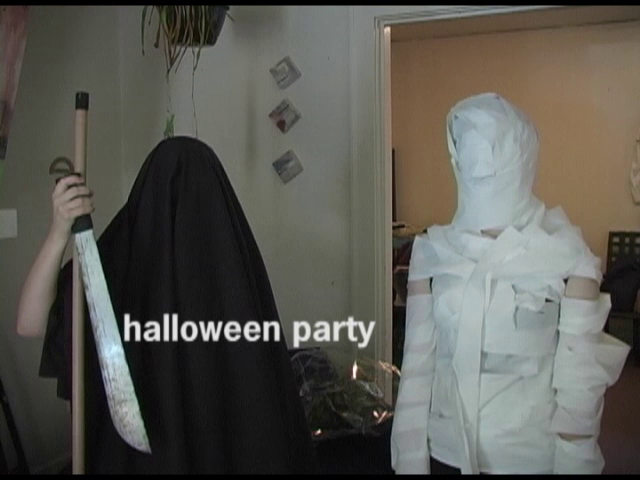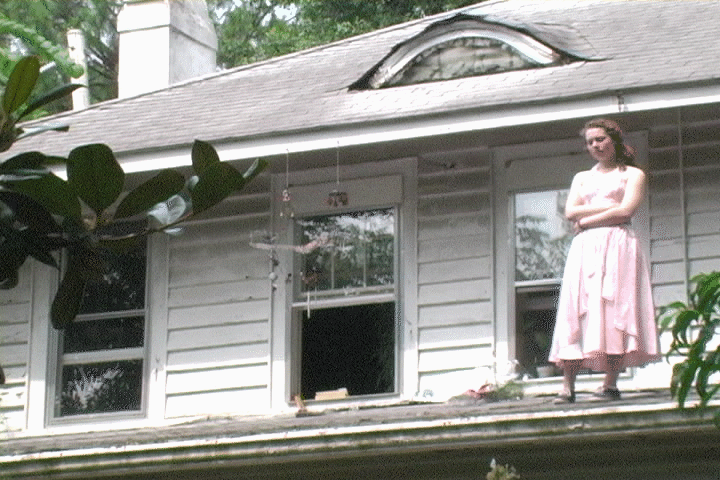
World of Tomorrow (2015; dir. Don Herzfeldt)—It’s always fun to think up off-the-wall year-in-review argument-starters like “The best movie of 2015 is a 16-minute sci-fi animated short starring two stick figures.” It’s even more fun when such assertions turn out to be true.
It’s difficult to express my ever-expanding, ever-deepening love for Herzfeldt’s lovely and melancholy threnody to the future. I can tell you that it compares favorably with the quietly devastating final scenes of Steven Spielberg’s A.I.: Artificial Intelligence. I can also tell you that its Klee/Rothko/Chuck Jones imagery reminds me of Herzfeldt’s description of the digital animation process—“Animating this way at first seemed a bit like trying to read a children’s book in a foreign language: it all seemed vaguely familiar somehow, but was sort of weirdly scrambled.” And I can tell you that its main character falls in love with a rock, a fuel pump and an alien.
At the beginning of “World of Tomorrow” a little girl named Emily (Winona Mae) meets her eponymous third-generation adult clone (Julia Pott). After some brief introductory remarks, the synthetic Emily takes her younger self on a tour of the world to come. It’s a world where poor people pay to experience the nightmare of digital consciousness, botched time travel leads to disastrous cosmic mix-ups, and nobody seems to care because “Our more recent history is often just comprised of images of other people watching viewscreens.”
In a brilliant touch, the younger Emily (her clone dubs her “Emily Prime”) is old enough to understand what’s going on, yet far too young to grasp the ominous significance of her future self’s visit. When her clone describes her own birth and says, “Through this process you will hope to live forever,” Emily Prime chirps, “I had lunch today.” When her clone says, “Now is the envy of all the dead,” Emily Prime says, “OK.” And when her clone says, “The advice I give you now is the advice I remember receiving from myself at your age in this moment, so I cannot be certain where it actually originated from,” Emily Prime remains silent. (Read that line again and try to get to the bottom of it; you’d fall silent, too.)
When the cloned Emily starts talking about meteors and saying things like “I am very proud of my sadness because it means I am more alive,” the future—and, as with all great sci-fi, our future—starts to look dark indeed. The movie ends perfectly anyway.
Grade: A+




